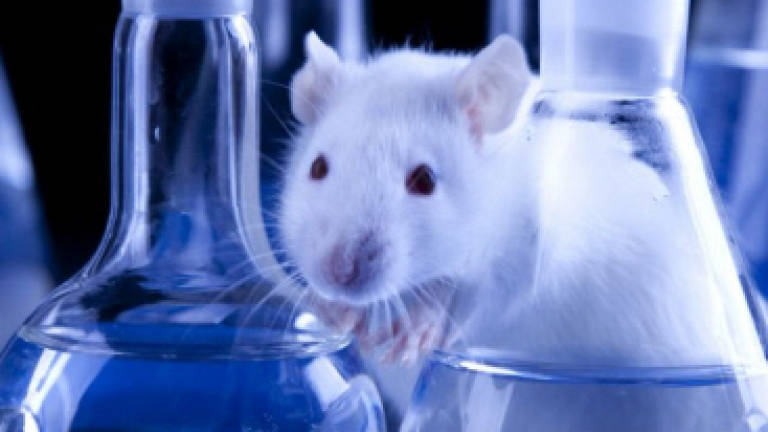A high-fat diet could inhibit sense of smell

RESEARCHERS from the neuroscience department at Florida State University conducted an experiment on mice which, for the first time, made a scientific association between a bad diet and a reduced sense of smell.
In a quasi-Pavlovian technique, researchers taught mice to associate a particular aroma with a reward, in this case, water, while feeding the test group a high-fat diet.
The test group was slower to make the association between the aroma and the water, leading researchers to believe that a high-fat diet can interfere with communications between olfactory neurons.
Researchers later diversified the aromas, introducing a new one to eliminate the possibility that a high-fat diet blocks just one scent, and the test group was, again, slow to respond.
"Moreover, when high-fat-reared mice were placed on a diet of control chow during which they returned to normal body weight and blood chemistry, mice still had reduced olfactory capacities," says Biological Science Professor Debra Ann Fadool. "Mice exposed to high-fat diets only had 50 percent of the neurons that could operate to encode odor signals."
Encouraged by the doors their project could open, lead study author Nicolas Thiebaud, a post-doctoral researcher at Florida State, and his colleagues plan further research in which they will incorporate exercise into the diet-olfactory experiment.
They also plan to try the experiment using a high-sugar diet instead of a high fat diet to see if it affects the sense of smell in the same way.
"This opens up a lot of possibilities for obesity research," says Thiebaud.
The study was published in the Journal of Neuroscience. – AFP Relaxnews